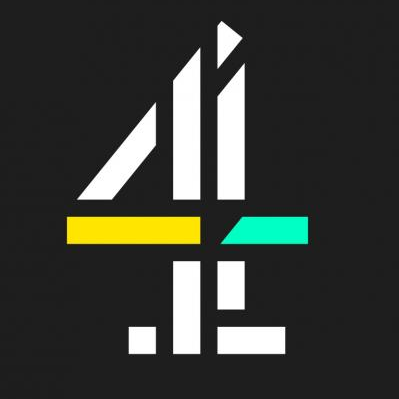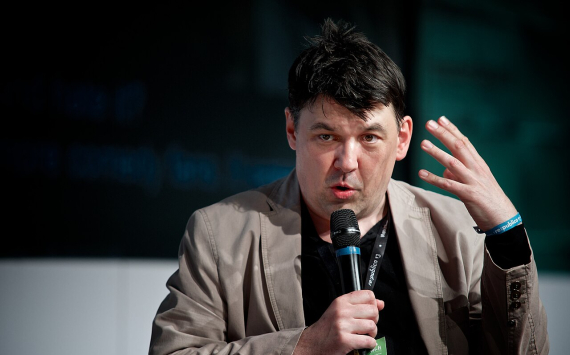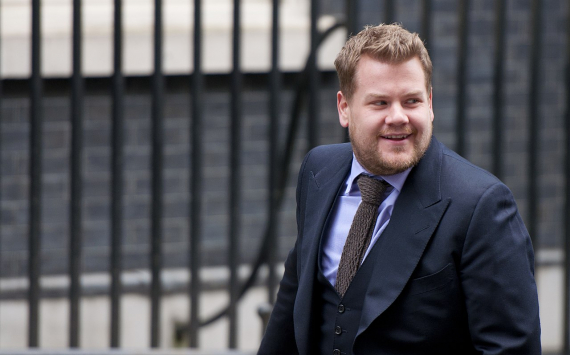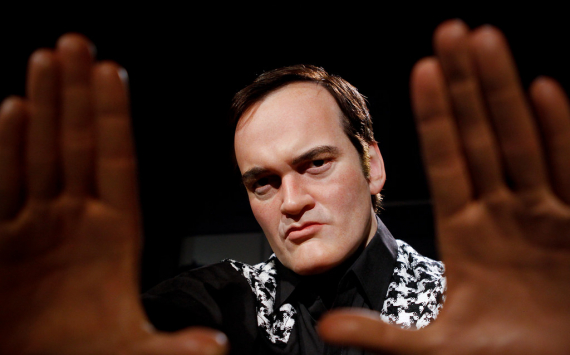Description
Channel 4 is a British free-to-air public service television network. Its headquarters are in London, with a National HQ[clarification needed] in Leeds and creative hubs in Glasgow and Bristol.
It began its transmission on 2 November 1982, the day after Welsh language broadcaster S4C's launch. The channel was established to provide a fourth television service in the United Kingdom; at the time the only other channels were the licence-funded BBC 1 and BBC 2, and a single commercial broadcasting network ITV. It is publicly owned and advertising-funded; originally a subsidiary of the Independent Broadcasting Authority (IBA), the station is now owned and operated by Channel Four Television Corporation, a public corporation of the Department for Digital, Culture, Media and Sport, which was established in 1990 and came into operation in 1993. In 2010, Channel 4 extended service into Wales and became a UK-wide television channel.
Funding
During the station's formative years, funding came from the ITV companies in return for their right to sell advertisements in their region on the fourth channel.
As of 2022, it breaks even in much the same way as most privately run commercial stations through the sale of on-air advertising, programme sponsorship, and the sale of any programme content and merchandising rights it owns, such as overseas broadcasting rights and domestic video sales. For example, as of 2012 its total revenues were £925 million with 91 per cent derived from sale of advertising. It also has the ability to subsidise the main network through any profits made on the corporation's other endeavours, which have in the past included subscription fees from stations such as E4 and Film4 (now no longer subscription services) and its "video-on-demand" sales. In practice, however, these other activities are loss-making, and are subsidised by the main network. According to Channel 4's last published accounts, for 2005, the extent of this cross-subsidy was some £30 million.
The change in funding came about under the Broadcasting Act 1990 when the new corporation was afforded the ability to fund itself. Originally this arrangement left a "safety net" guaranteed minimum income should the revenue fall too low, funded by large insurance payments made to the ITV companies. Such a subsidy was never required, however, and these premiums were phased out by the government in 1998. After the link with ITV was cut, the cross-promotion which had existed between ITV and Channel 4 also ended.
In 2007, owing to severe funding difficulties, the channel sought government help and was granted a payment of £14 million over a six-year period. The money was to have come from the television licence fee, and would have been the first time that money from the licence fee had been given to any broadcaster other than the BBC. However, the plan was scrapped by the Secretary of State for Culture, Media and Sport, Andy Burnham, ahead of "broader decisions about the future framework of public service broadcasting". The broadcasting regulator Ofcom released its review in January 2009 in which it suggested that Channel 4 would preferably be funded by "partnerships, joint ventures or mergers".


























